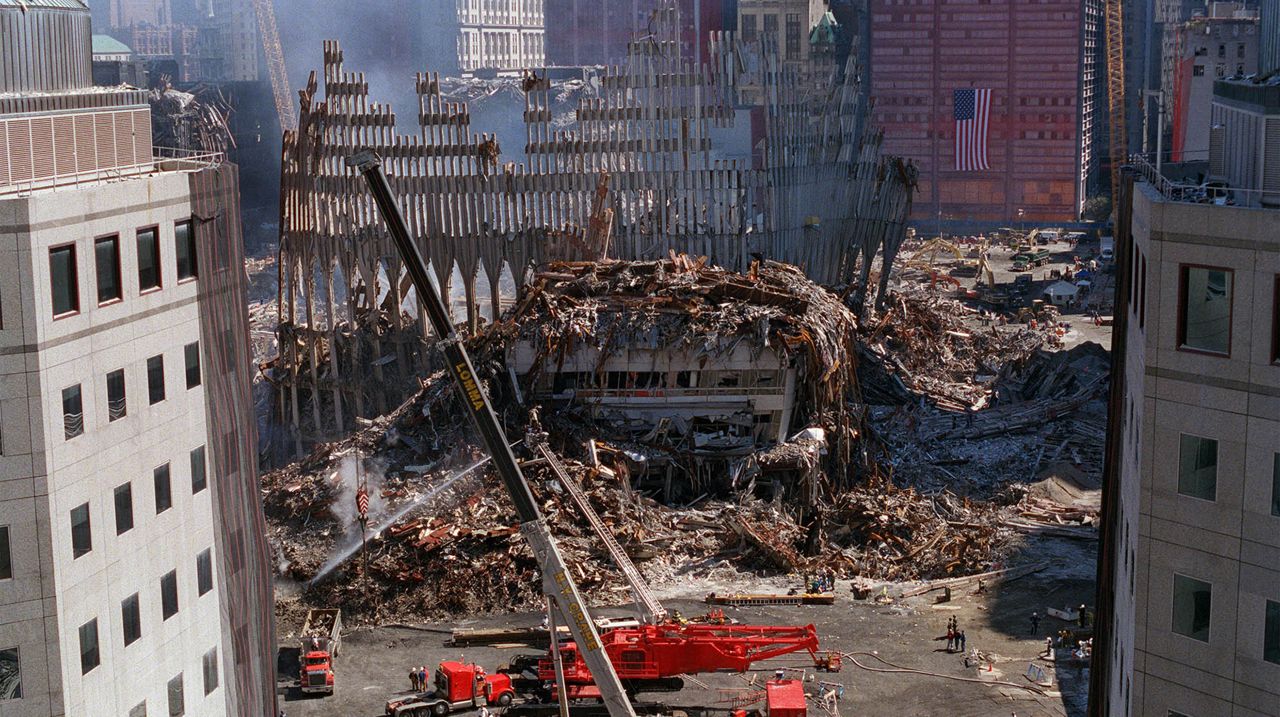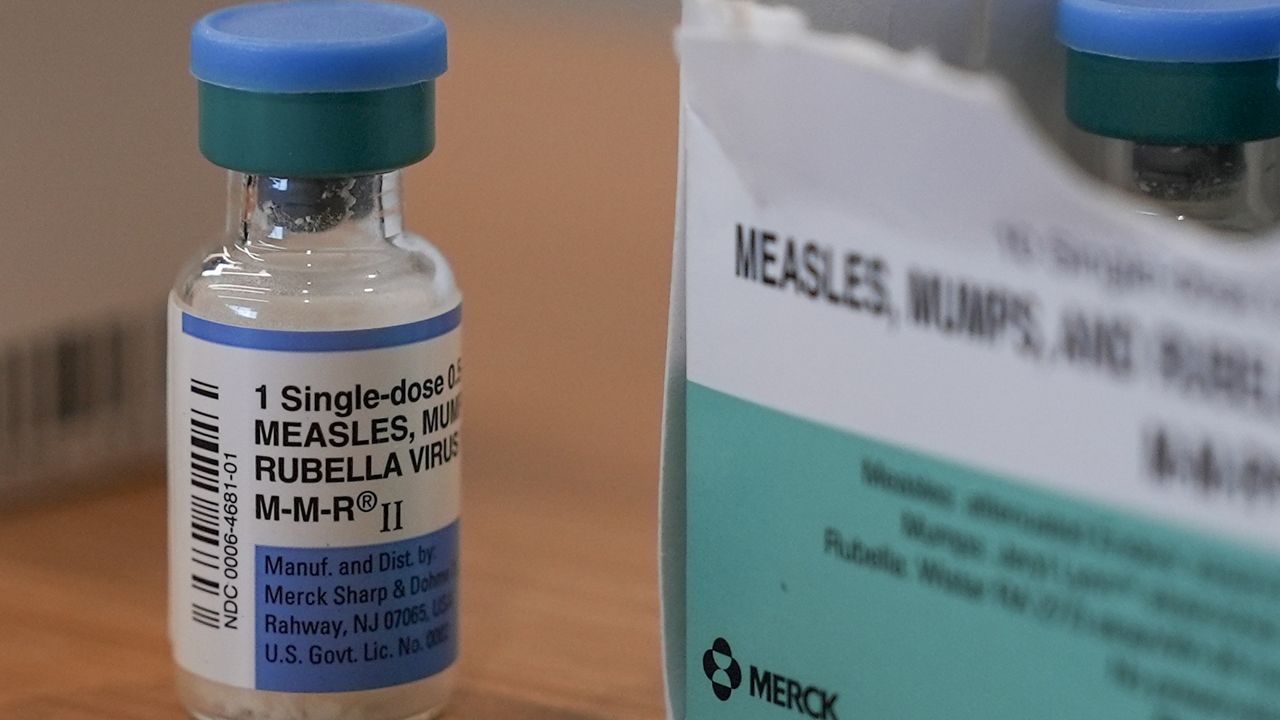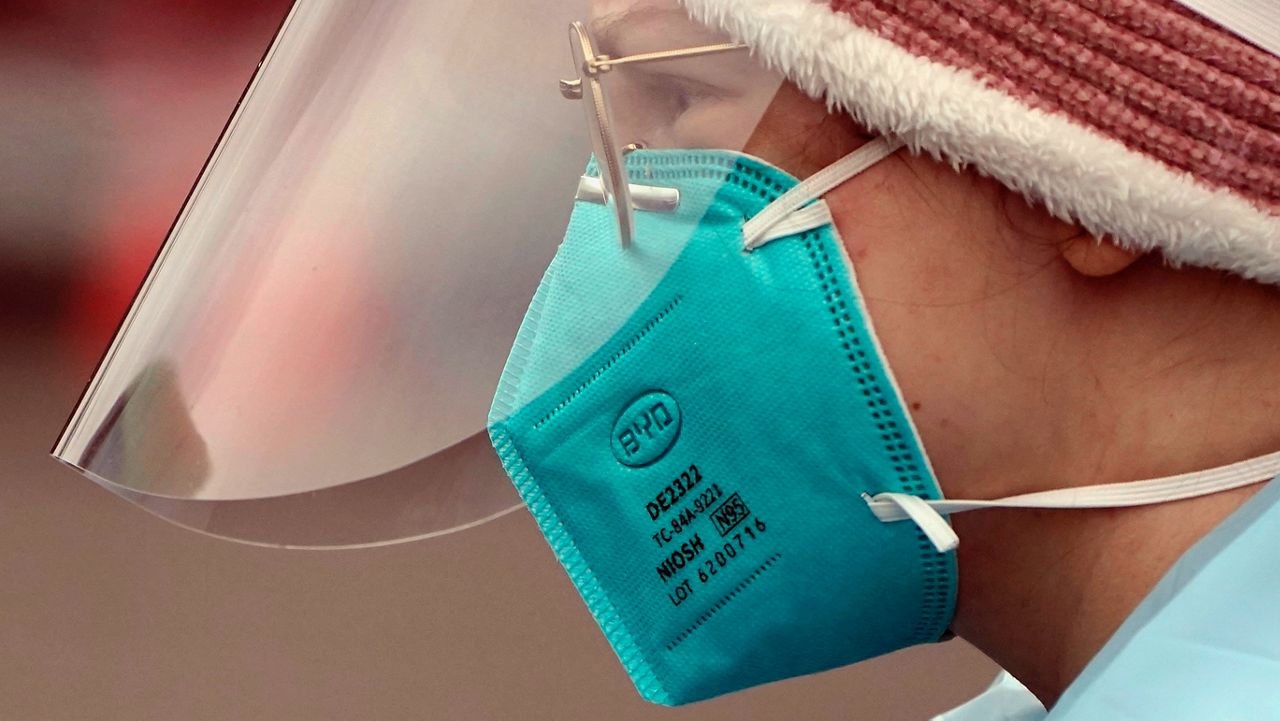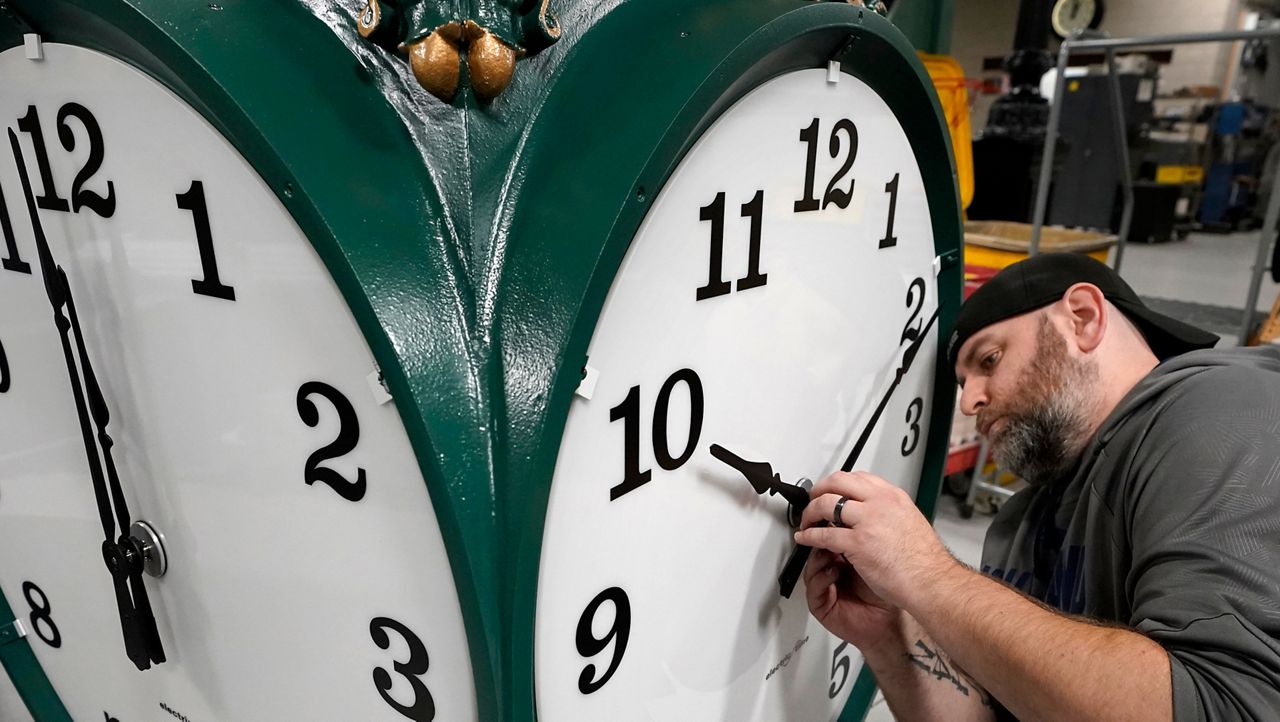As a neuro-oncologist at Memorial Sloan Kettering Cancer Center, Dr. Joshua Budhu is dedicated to saving lives, and as a first generation Guyanese-American he knows all too that barriers to quality care affect far too many patients.
“Things like your insurance status, how much money you have, your race, ethnicity” said Budhu, listing some of the social determinants of health that he’s been studying.
But, it was losing his eldest brother Ravi 14 years ago that taught him a painful lesson in how health disparities affect people from low-income communites of color.
What You Need To Know
- Neuro-oncologist Dr. Joshua Budhu splits his time between seeing patients and studying ways to improve health disparities that affect low-income communities of color
- Losing his eldest brother Ravi 14 years ago to a preventable illness that taught him a painful lesson
- Budhu was recently selected for a mentorship initiative aimed at training more than five hundred diverse doctors, researchers and medical students across the country
“He was picked up by the cops after driving drunk and he had a few scrapes so they brought him to one of the local county hospitals in Queens” said Budhu. “He was in the hospital for six days handcuffed the entire time… and within less than a week he was dead.”
The cause: a pulmonary embolism.
“He had died of a preventable medical condition,” explained Budhu. “A blood clot started in his legs and spread to his lungs and the main risk factor for that is immobility [or] lying still.”
That senseless loss and the memory of his family being kept in the dark as Ravi’s condition worsened inspired a career focused on improving equity.
“The more that I learned about the social determinants of health, his status as an immigrant, his medicare status, him being brought in by the police, which has its own set of biases” said Budhu, the more he wanted to help change things.
Budhu was recently selected by the Robert Winn Diversity in Clinical Trials Award program, a mentorship initiative aimed at training more than 500 diverse doctors, researchers and medical students across the country to provide more compassionate and effective care.
“If I prescribe a medication, can that patient actually get that medication? Can they afford it?” asked Budhu. “So, I split my time between seeing patients, but the other part of it is working on solutions, interventions and research.”
He’s also working with MSK’s immigrant health and cancer disparity service on a clinical trial measuring how providing financial assistance for things like food and transportation will help patients live longer, a study he says is already having positive results in helping patients make their appointments.
He’s working to make sure his family’s tragedy wasn’t in vain.
“We’ve always struggled with whether to tell the story of my brother Ravi,” said Budhu. “There’s power in sharing our experience, our lived experience… we can use his experience and we can use that for good to help other people.”








